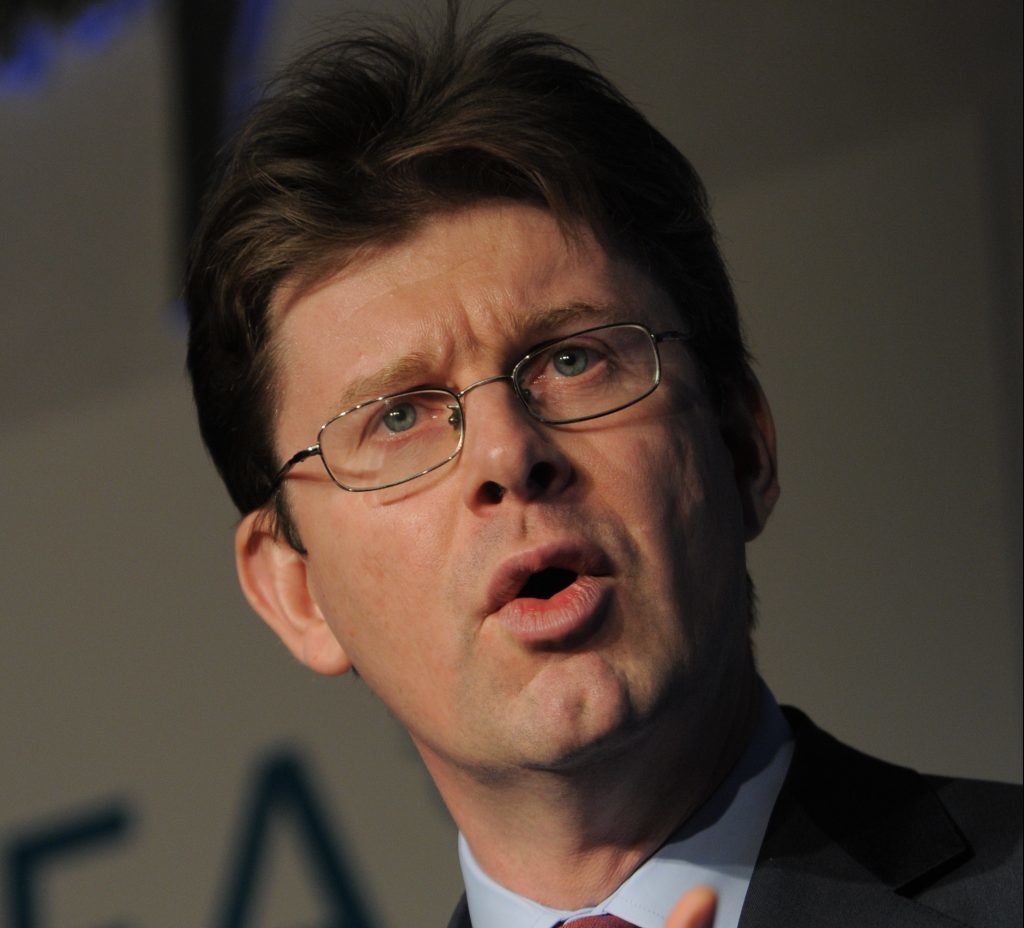
Millions of families will feel “completely betrayed” by the Government’s u-turn over a proposed energy price cap, shadow energy minister Alan Whitehead has said.
Energy regulator Ofgem has said it is considering a price cap on energy bills for low-income households.
But critics say the proposals “fall far short” of Theresa May’s manifesto proposals for a cap which aimed to save 17 million families up to £100 a year on their bills.
Speaking during an urgent question in the Commons, Mr Whitehead said Ofgem’s proposals would only apply to 2.5 million customers, leaving some 14 million people on standard variable tariffs “completely unprotected”.
He pressed Energy Secretary Greg Clark on the issue, saying: “Do you now intend to pass legislation that requires Ofgem to introduce a price cap or are you content now to let your firm election promise of a price cap fall by the wayside?
“And if you do, what do you have to say to the 17 million people on standard variable tariffs who thought that relief from rip-off price rises was on its way and who will now feel completely betrayed by this policy u-turn?”
Mr Clark welcomed Ofgem’s proposals, but said he was prepared to legislate if the changes did not go far enough to tackle the overcharging highlighted by the Competition and Markets Authority (CMA).
He told MPs he had asked Ofgem to step in as it was “unacceptable” for families to be paying over the odds for their energy bills.
Speaking in the Commons, Mr Clark said: “I welcome this initial proposal. It’s a step in the right direction.
“But I will wait to see the actual proposals and to see them turned into action to cut bills.
“The test of whether the regulator’s changes go far enough is whether they move sufficiently to eradicate the detriment to consumers that the CMA has identified.
“I remain prepared to legislate if they do not and I hope that such legislation would command wide support across the House.”
Conservative former minister John Penrose (Weston-super-Mare), who has campaigned for an energy price cap, said millions of families were “still being preyed on by Big Six energy firms”.
He asked the Energy Secretary: “Would you agreed that Ofgem’s proposals will be viewed as a great betrayal of those 14 million households and if we are going to create an economy that works for everyone, will you distance yourself from this Big Six stitch-up and pledge yourself to help the millions of households who Ofgem seem set to ignore?”
Mr Clark acknowledged the problem had been “going on too long” and said the proposals should address the “clear detriment” to consumers.
Former minister Robert Halfon asked Mr Clark to ensure people who don’t pay their energy bills by direct debit got a “fair energy bill”.
He said many energy consumers, especially those on low incomes, do not pay their energy bills by direct debit and thus received “huge increased charges from many of the energy companies”.
Mr Clark said: “It’s the case, as I said, that the poorest 10% of households spend 10% of their household expenditure on energy, compared to the richest 10% spending 3%.
“So I think we need to look particularly at the conditions of those more vulnerable consumers to make sure that they are not disadvantaged, and he mentions one of the ways in which that’s the case.”
Mr Clark also said the milking of customers because they are known to not switch suppliers “has to come to an end”.
Responding to a question from former minister Sir Oliver Letwin, he said: “A model in which consumers who are known not to switch can be milked to pay for a subsidy for other consumers in an unfair way, and the CMA identified unilateral market power enabling them to exploit their position, I think that has to come to an end.”
Mr Clark was also critical of the impact of nationalising the energy companies, saying the move would be a “disaster” for public finances.
He said: “The impact of finding the billions of pounds necessary to take into public ownership these industries would not only be a disaster for our public finances, but would destroy investor confidence in a whole range of industries that we need to have investment in.”
Recommended for you
